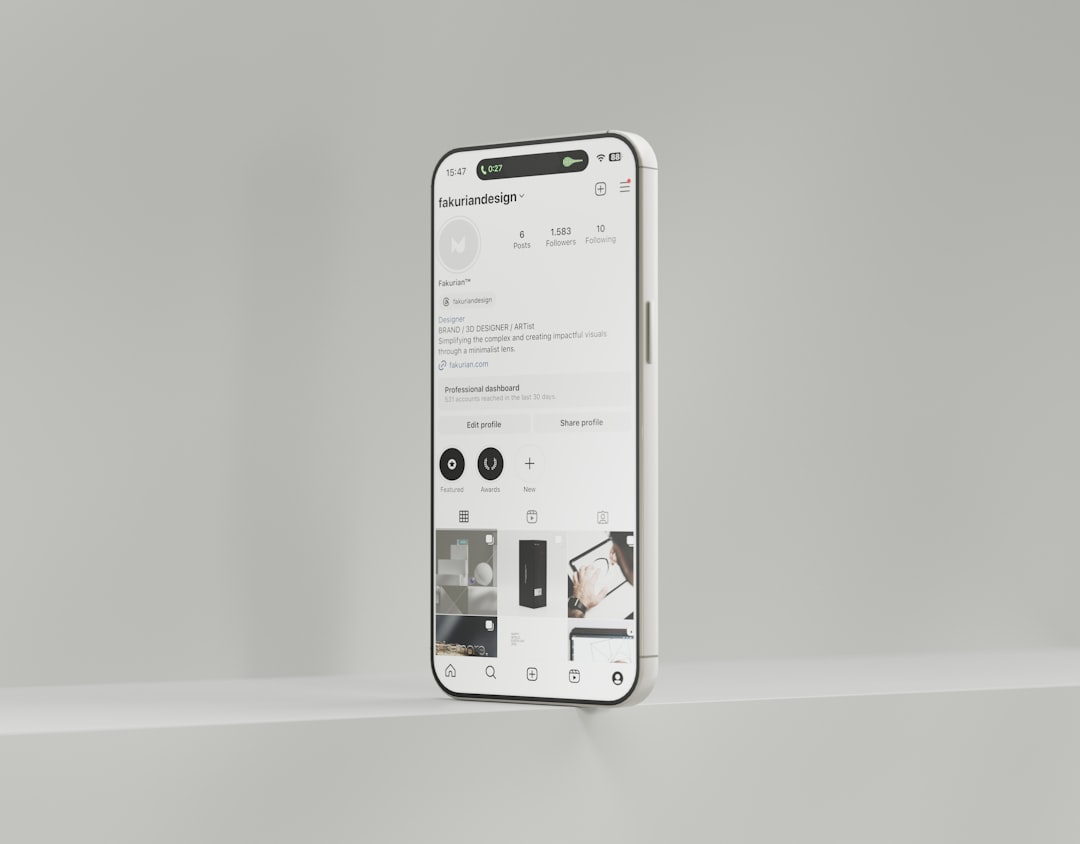In the rapidly evolving world of digital content creation, tools like Canva have revolutionized the way individuals and businesses approach design. Renowned for its ease of use and accessible features, Canva has become a go-to platform for non-designers and professionals alike. But if you’re looking to explore other design platforms that offer similar — or even advanced — functionalities, there are several excellent alternatives worth considering. These platforms cater to varying design needs ranging from social media graphics to complex presentations and marketing materials.
Here are some of the most reliable online design platforms similar to Canva:
1. Adobe Express (formerly Adobe Spark)
Adobe Express offers a sleek, intuitive interface that combines the reliability of Adobe’s design engine with user-friendly features tailored for casual users. Like Canva, it comes with a wide selection of templates for social media posts, web pages, and short videos. Its integration with other Adobe tools like Photoshop and Illustrator makes it ideal for users who might want more control and flexibility as they scale their design efforts.
Key Features:
- Professional design templates
- Adobe Fonts and licensing included
- Direct integration with Creative Cloud
- Basic video and animation tools

2. Crello (now VistaCreate)
VistaCreate, previously known as Crello, offers a functionality set nearly identical to Canva, making it one of the most comparable alternatives. Its vast library of templates, videos, and animations makes it an excellent choice for social media managers, bloggers, and small business owners.
Key Features:
- Over 50,000 templates to choose from
- Animated graphics and content
- Wide range of royalty-free photos and music
- Custom brand kits for consistency
3. Piktochart
If your main design needs revolve around data visualization and information-sharing, Piktochart is an outstanding platform to consider. It’s particularly suited for designing infographics, presentations, and reports — areas where Canva is slightly limited in customization options.
Key Features:
- Drag-and-drop graphic editing
- Robust chart and diagram tools
- Professionally designed templates for reports and infographics
- PowerPoint export options

4. Fotor
Fotor is another web-based graphic design platform that excels in photo editing but also offers comprehensive design capabilities. Although it leans a bit more heavily on photo-centric projects, its design templates and tools still make it a worthy Canva alternative for simpler graphic needs.
Key Features:
- Advanced photo editing tools
- Design templates for marketing materials
- HDR image processing
- User-friendly, beginner-friendly interface
5. Visme
Visme is designed for professionals needing a more data-oriented kind of design tool. Whether you’re creating engaging presentations, infographics, or interactive content, Visme brings together simplicity and depth. It’s particularly appreciated in corporate and educational environments.
Key Features:
- Slide decks and interactive presentations
- Infographic builder with widgets and maps
- Brand asset management features
- Analytics tracking on shared content

Choosing the Right Platform for Your Needs
When selecting an online design platform, it’s essential to consider your specific needs. Are you designing social media posts, professional reports, or animated ads? While Canva may offer a one-size-fits-all approach, platforms like Visme or Piktochart might serve better in data-heavy contexts, and VistaCreate could provide more dynamic features for creative advertising.
Also, take note of the free vs. paid features. Some tools, such as Adobe Express, offer generous free packages with basic features, whereas more advanced functionalities may require a subscription. Comparing these options thoughtfully will help maximize the value you receive from the software.
Final Thoughts
Design tools have become indispensable in both personal and professional projects, and while Canva remains a market leader, it certainly isn’t your only option. In fact, depending on your goals — whether it’s high-quality social media content, informative infographics, or sleek business presentations — these alternatives may even suit your unique needs better.
Whichever platform you choose, ensure it aligns with your creative objectives, learning curve expectations, and budget. With the right tool, you’ll find that even complex design tasks become more streamlined, professional, and enjoyable.
